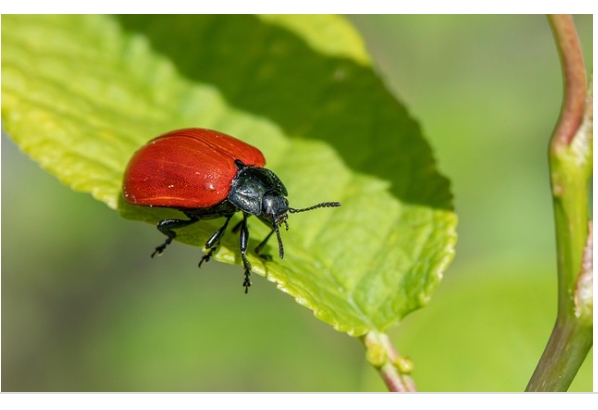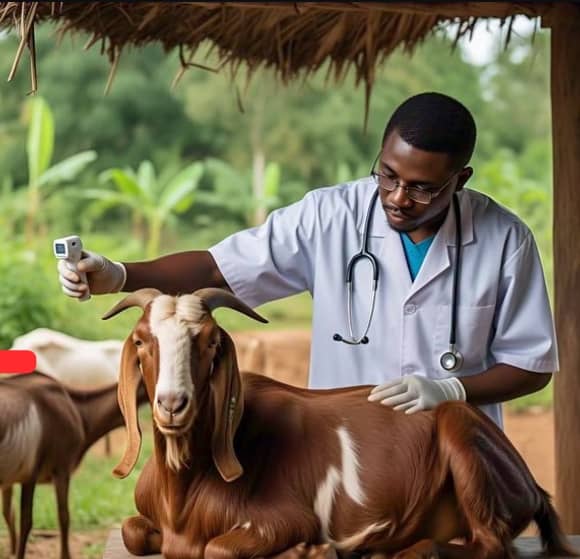Unit 3: Hearing – Animals and Their Sounds
Introduction
Have you ever wondered how we know a cock is around, even before the sun rises? The answer is simple: by its sound. Hearing is one of our five senses that allows us to detect and understand sounds. Animals also make unique sounds to communicate, warn, or attract one another. In this lesson, we’ll explore different animals and the special sounds they produce.
What is Hearing?
Hearing is the ability to detect sound through our ears. It helps us stay safe, enjoy music, listen to stories, and even identify animals without seeing them. By paying attention to animal sounds, children can easily learn more about nature and their environment.
Examples of Animals and Their Sounds
1. Cock → Crows
The cock crows early in the morning to announce the dawn.
- Example: The cock crows at sunrise.
2. Dog → Barks
Dogs bark to protect their owners or to warn of strangers.
- Example: The dog barked when it saw a stranger.
3. Lion → Roars
The lion roars to show power and to communicate with other lions.
- Example: The lion roared loudly in the forest.
4. Cat → Mews
Cats mew softly when hungry or when seeking attention.
- Example: The cat mewed until it was given food.
5. Snake → Hisses
Snakes hiss to scare enemies and to protect themselves.
- Example: The snake hissed when it felt threatened.
6. Sheep → Bleats
Sheep bleat to call their lambs or when hungry.
- Example: The sheep bleated until the farmer fed it.
7. Cow → Moos
Cows moo when calling their calves or seeking food.
- Example: The cow mooed loudly in the field.
8. Bird → Sings
Birds sing sweetly, especially in the morning.
- Example: The bird sang beautifully at sunrise.
9. Frog → Croaks
Frogs croak, especially during the rainy season.
- Example: The frog croaked near the river.
Why Do Animals Make Sounds?
- To communicate with their kind.
- To warn of danger.
- To show happiness or attract mates.
- To express hunger or need.
- To protect their territory.
Importance of Learning Animal Sounds
- Helps children recognize animals without seeing them.
- Improves listening and observation skills.
- Makes stories, rhymes, and songs more interesting.
- Connects children with nature and real life.
- Useful in farming and daily life.
FAQs about Animal Sounds
Q1: Why do cocks crow in the morning?
A: Cocks crow to announce the dawn and mark their territory.
Q2: Why do dogs bark at night?
A: Dogs bark at night to warn against danger or strange movement.
Q3: Do all birds sing?
A: Not all birds sing, but many produce beautiful sounds to communicate.
Q4: Why do lions roar so loudly?
A: Lions roar to show power and to call other lions.
Q5: Can frogs croak during the day?
A: Yes, but frogs croak more often at night or during the rainy season.
Related Internal Links
- Basic Science Primary 6 Lesson Note on Circulatory System
- Social Studies Primary 4 Lesson Note on Accidents
- The Village Headmaster Chapter 3 Summary | JSS 3 Literature Lesson Plan










